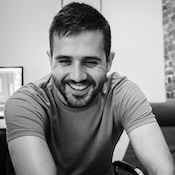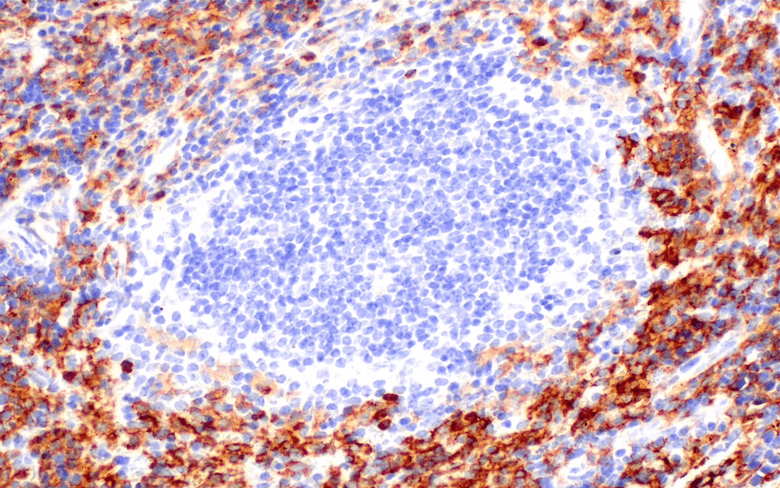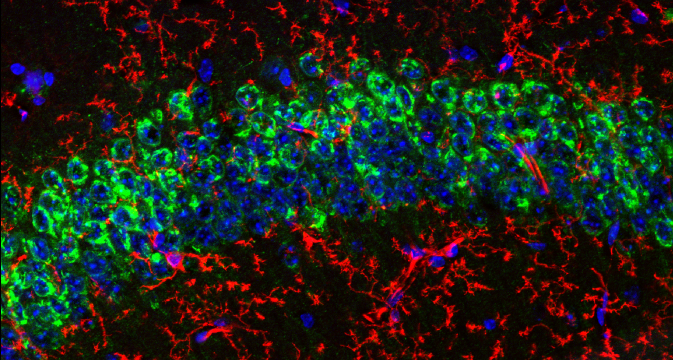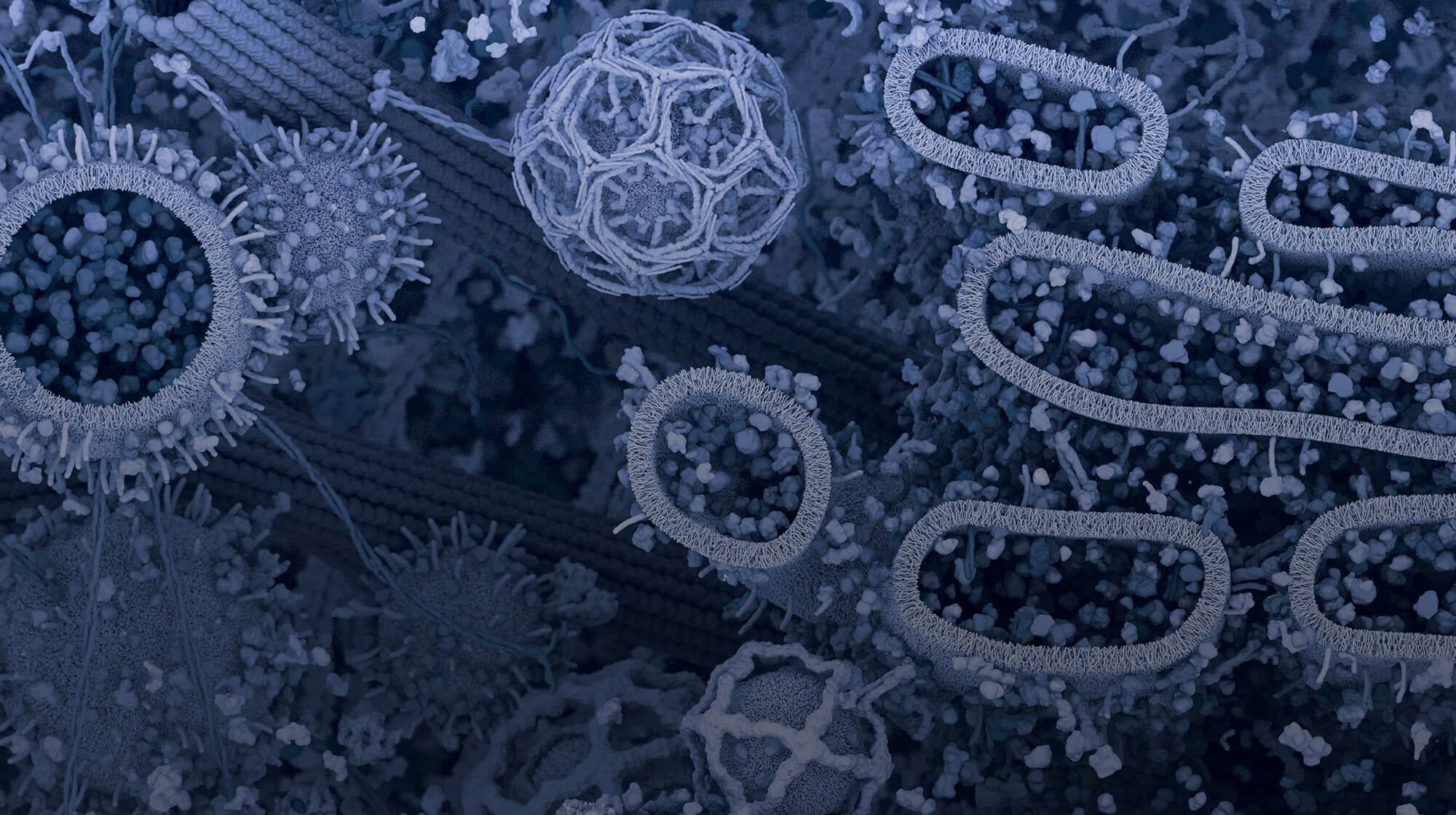We're excited to partner with Science: Disrupt to present a five-part podcast exploring what 'Responsible Science' means amid the reproducibility crisis.

For the second episode of our ‘Responsible Science’ series, we dive deep into the world of startups intent on making science more responsible through new technologies, modern mentalities, and brand new tools.
We chat with three leaders in the world of scientific tools:
- Lenny Teytelman, Co-Founder and CEO of Protocols.io – an open-access repository for science methods (‘the Github of science’!)
- Ben Miles, Head of Product at Transcriptic – the robotic cloud laboratory
- Tom Leung, Founder and CSO of BenchSci – AI-driven software for antibody search
We chatted about how technology allows us to do things that previously were simply not doable in science—like automation, widespread information sharing, analysis of huge amounts of data, and collaboration with many people from all over the world in different fields.
“I think that the computer and the scientist are good at doing vertical things. Computers are very good at calculation, doing very massive searches. Whereas scientists are trained for critical thinking and to formulate a hypothesis and to think logically,” explained Tom.
We also spoke about how adoption proves to be an issue – tying back to the real challenge in making science more responsible being the culture.
Lenny explained: “It’s very easy to present, very easy to get scientists excited. What is hard is getting scientists to create an account and share a protocol… I can’t really blame scientists. I’m busy. They’re busy. And so the challenge isn’t conveying the problems it solves, the challenge is in getting the scientist to the platform, to register, and to share the content, and to make it available, because that does take time.”
So the disruptors, the startups, are making an impact in that they are challenging the idea that things are simply not doable, but they are limited in their broader impact. But by them just existing, change does happen. The idea that things can be done better starts to cut through.
“We have some responsibilities in terms of trying to propagate the technology as well," Ben said. "Not everyone is familiar with doing things in an automatic fashion. When we talk to scientists, typically we would say, you can program your experiments. They don’t necessarily know what it is. We have some responsibility of educating and conveying this bigger vision of what we see in experimentation and biology.”
Up next: we chat to the corporates working in the science space and ask the question, what is the role of those driven by profit and by business in the world of making science as responsible as possible? Listen to Responsible Science Part 3.






